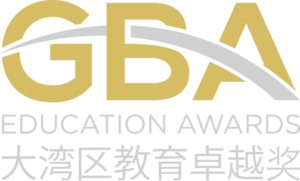Presentations
Books are a gentle way to help kids make sense of some of life’s big issues. Deborah’s anger about inaction to climate change drove her to write a trilogy about kids living in a flooded city.

The Missionary Daughters of the Holy Family of Nazareth opened Col·legi Montserrat in 1926 with a vision to ‘shape the mind and heart” of its children. In the present day, their vision has translated further into providing ‘quality teaching, excellence, and innovation’. On its Barcelona campus, it teaches approximately 1050 students from K-12.

Professional Development for teaching staff is usually a norm for most schools to support student learning. What about the training for non-teaching staff?

This presentation shows how students connect and extend their wonderings to outside the classroom to aquire and flexibly use complex knowledge.

Computational thinking has become an integral part of education for 21st century learners. MIT App Inventor, a blocks-based programming language, is a useful tool to teach learners, both young and old, how to problem solve and think computationally.

Understanding context and issues has to be built in at all stages of a child’s journey through school in order to have a lasting impact. One way in which this can be made accessible for students is through “Place as Pedagogy.” This provides a framework for learning that uses surroundings and communities outside the classroom in the neighborhood.

Can we redefine the relationship between material, humans, and the environment? Our species has left a huge mark on our planet. This project challenges expectations surrounding the materials that form the foundation of existing design norms. We can design and educate our way out of our dependence on oil, gas, bricks, plastic, and steel, but it requires exposing students to radical new means of production.

The value of the school library is often overlooked or marginalised. The presentation will give attendees an insider track on getting the most out of this sometimes hidden resource.

2020 has represented the biggest experiment in home learning in history. As schools move back to in person instruction everyone is naturally asking - what lessons will we take from this period moving forward?

Extinguishing the Garbage Fire is a provocation for educators to set the bar higher for student participation in digital space. Currently, school worry about Digital Citizenship in the context of keeping kids safe, but rarely are thinking about the fact that the internet is real for young people and their interest activity there should be leveraged positive civil society.



